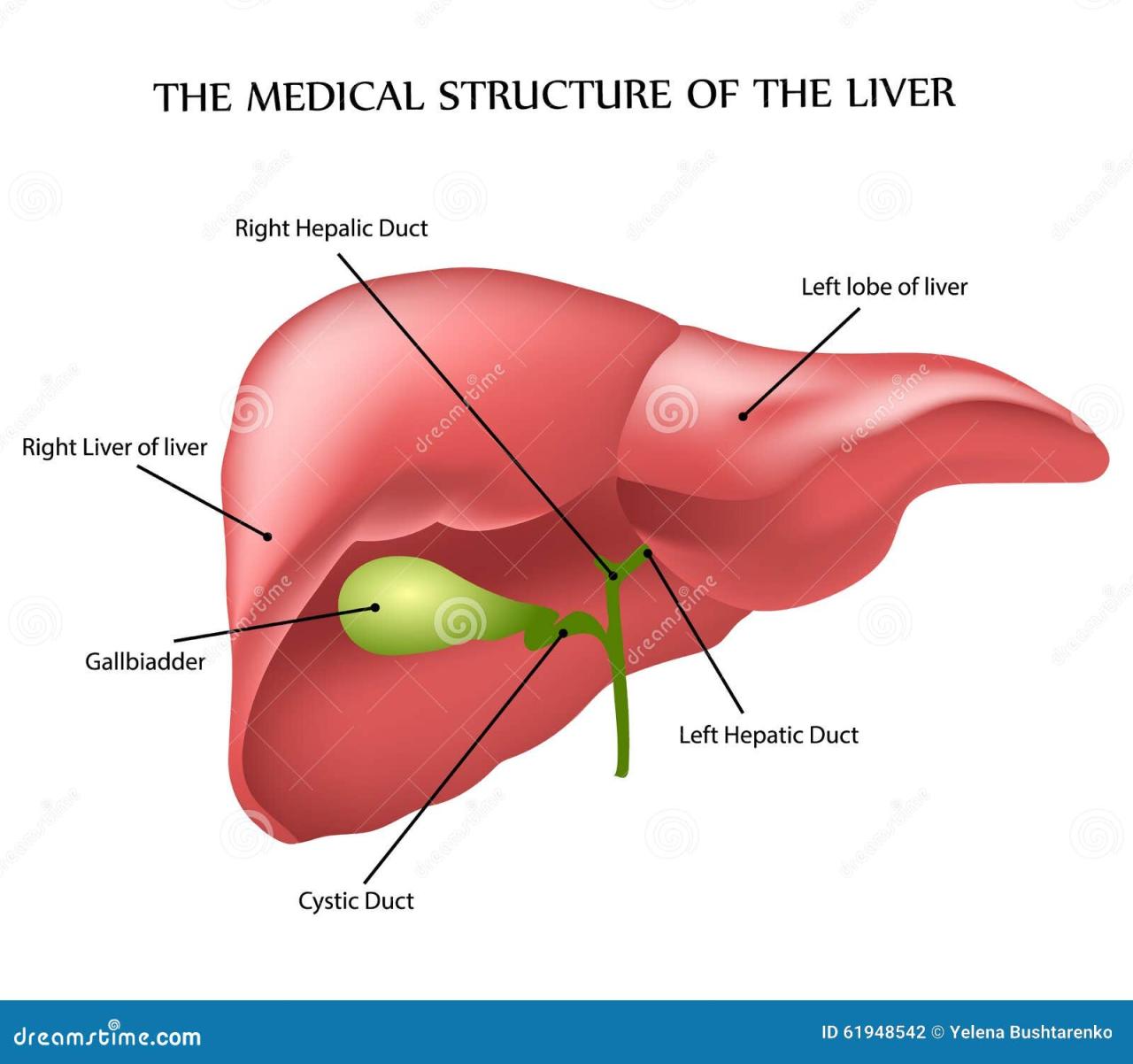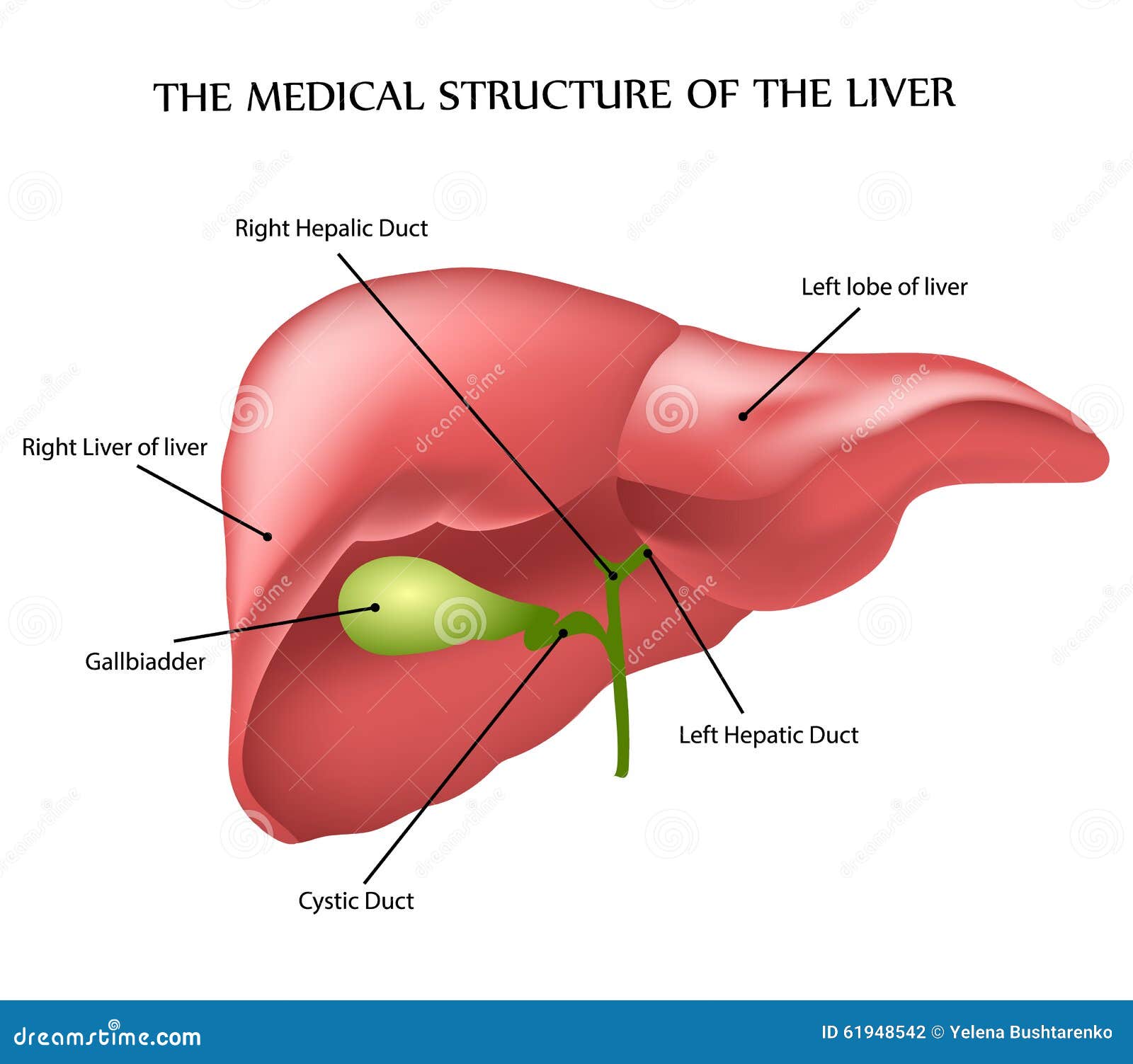In the intricate symphony of our body’s organs, the liver plays a paramount role, often unsung but undeniably critical. Far from being a mere filter, this remarkable organ performs over 500 vital functions, from metabolizing nutrients and producing bile to storing vitamins and, perhaps most famously, detoxifying harmful substances. In an era saturated with environmental toxins, processed foods, and high-stress lifestyles, the concept of "liver detox" has gained significant traction. However, it’s crucial to understand that the liver is not an organ that needs an external "cleanse" in the way one might scrub a dirty pan. Instead, it is a sophisticated, self-cleaning machine that benefits immensely from support through a nutrient-rich diet and healthy lifestyle.
This article delves into the science behind the liver’s natural detoxification processes and explores a comprehensive array of foods and drinks that can empower your liver to perform its essential functions optimally, rather than relying on unproven commercial "detox" products.
Understanding the Liver’s Detoxification Powerhouse
Before we explore specific foods, let’s briefly understand how the liver naturally detoxifies. This complex process primarily occurs in two phases:
- Phase I Detoxification (Functionalization): This phase involves a group of enzymes, primarily the cytochrome P450 family, which chemically transform toxins (like pesticides, drugs, alcohol, and hormones) into less harmful, more water-soluble compounds. This often involves oxidation, reduction, or hydrolysis. While making toxins more excretable, Phase I can sometimes create highly reactive "intermediate" metabolites, which, if not promptly processed, can cause cellular damage.
- Phase II Detoxification (Conjugation): This crucial phase neutralizes the intermediate metabolites from Phase I, as well as other toxins, by "conjugating" them with specific molecules (e.g., glutathione, sulfate, glucuronic acid, amino acids). This makes them even more water-soluble and ready for excretion via bile (into the feces) or urine (via the kidneys).
For the liver to efficiently navigate both phases, it requires a steady supply of specific nutrients, antioxidants, and amino acids. A diet rich in whole, unprocessed foods is the most effective way to provide this essential support.
Key Principles of a Liver-Supportive Diet
Beyond specific foods, adopting a holistic approach to eating can significantly enhance liver health:
- Prioritize Whole Foods: Focus on fresh fruits, vegetables, lean proteins, whole grains, and healthy fats.
- Stay Hydrated: Water is fundamental for flushing toxins and supporting all bodily functions.
- Limit Processed Foods: These are often high in unhealthy fats, sugars, and artificial additives that burden the liver.
- Reduce Sugar Intake: Excessive sugar, especially fructose, can lead to non-alcoholic fatty liver disease (NAFLD).
- Choose Organic When Possible: Minimizes exposure to pesticides and herbicides that the liver must process.
Top Liver-Supporting Foods: Fueling Your Detox Factory
Here’s a detailed look at foods renowned for their liver-benefiting properties:
-
Cruciferous Vegetables (Broccoli, Cauliflower, Brussels Sprouts, Cabbage, Kale):
- Why they’re great: These vegetables are powerhouses of sulfur-containing compounds like glucosinolates, which the body converts into isothiocyanates (e.g., sulforaphane) and indole-3-carbinol (I3C). These compounds are potent activators of Phase II detoxification enzymes, helping the liver efficiently neutralize and eliminate carcinogens and other toxins. They also provide fiber, aiding in bile excretion.
- How to incorporate: Roast, steam, stir-fry, or add raw to salads.
-
Leafy Green Vegetables (Spinach, Kale, Collard Greens, Arugula, Dandelion Greens):
- Why they’re great: Rich in chlorophyll, which helps absorb environmental toxins from the bloodstream. They are also packed with antioxidants, vitamins, and minerals that protect liver cells from damage. Dandelion greens, in particular, are known for their traditional use in stimulating bile production and aiding digestion.
- How to incorporate: Blend into smoothies, add to salads, sauté as a side dish, or incorporate into soups.
-
Citrus Fruits (Lemons, Limes, Grapefruits, Oranges):
- Why they’re great: High in Vitamin C, a powerful antioxidant that supports the production of glutathione, a master antioxidant crucial for Phase II detoxification. Grapefruits contain naringenin and naringin, antioxidants that help protect the liver from damage and reduce inflammation.
- How to incorporate: Squeeze into water, add to salads, use in dressings, or enjoy as a snack. (Note: Grapefruit can interact with certain medications, so consult your doctor if you’re on medication).
-
Berries (Blueberries, Raspberries, Strawberries, Cranberries):
- Why they’re great: Bursting with anthocyanins, ellagic acid, and other potent antioxidants. These compounds help protect the liver from oxidative stress and inflammation, which are key contributors to liver disease. They also support the liver’s ability to clear harmful compounds.
- How to incorporate: Add to oatmeal, yogurt, smoothies, or enjoy fresh as a snack.
-
Garlic and Onions:
- Why they’re great: Rich in sulfur compounds (like allicin in garlic) that activate liver enzymes responsible for detoxifying toxins. They also contain selenium, another vital mineral for liver health and glutathione production.
- How to incorporate: Use generously in cooking, dressings, and marinades.
-
Turmeric:
- Why it’s great: The active compound, curcumin, is a potent anti-inflammatory and antioxidant. It aids in liver detoxification by boosting the production of bile and supporting Phase II enzymes. It also helps protect liver cells from damage.
- How to incorporate: Add to curries, soups, stir-fries, or make a "golden milk" latte.
-
Ginger:
- Why it’s great: Contains gingerols and shogaols, compounds with powerful anti-inflammatory and antioxidant properties. Ginger supports digestion, which in turn reduces the burden on the liver, and can help protect the liver from damage.
- How to incorporate: Brew into tea, add to stir-fries, smoothies, or baked goods.
-
Avocado:
- Why it’s great: A fantastic source of healthy monounsaturated fats, which are important for overall health. More specifically, avocados contain glutathione-boosting compounds, directly supporting the liver’s Phase II detoxification.
- How to incorporate: Add to salads, sandwiches, smoothies, or enjoy as guacamole.
-
Walnuts:
- Why they’re great: Rich in omega-3 fatty acids, which have anti-inflammatory effects. They also contain arginine, an amino acid that helps the liver detoxify ammonia, and glutathione, further aiding detoxification processes.
- How to incorporate: Snack on them, add to salads, oatmeal, or baked goods.
-
Olive Oil (Extra Virgin):
- Why it’s great: Contains monounsaturated fatty acids and polyphenols, which are powerful antioxidants and anti-inflammatory compounds. It helps reduce oxidative stress and inflammation in the liver and supports bile production.
- How to incorporate: Use as a dressing for salads, drizzle over cooked vegetables, or use for light sautéing.
Liver-Supporting Drinks: Hydration and Healing
Hydration is paramount for liver health, but certain beverages offer additional benefits:
-
Water:
- Why it’s great: The most essential "detox" drink. Water is crucial for transporting nutrients, flushing out toxins through urine and bile, and maintaining proper blood volume and flow through the liver. Dehydration can hinder all bodily functions, including detoxification.
- How to incorporate: Aim for at least 8 glasses (2 liters) daily, more if you’re active or in a hot climate. Infuse with lemon, cucumber, or mint for flavor.
-
Green Tea:
- Why it’s great: Packed with catechins, particularly epigallocatechin gallate (EGCG), powerful antioxidants that have been shown to improve liver enzyme levels, reduce oxidative stress, and decrease fat accumulation in the liver.
- How to incorporate: Drink 2-3 cups daily. Opt for organic varieties.
-
Lemon Water:
- Why it’s great: While not a magical detoxifier, warm lemon water in the morning can stimulate bile production and provide a good dose of Vitamin C, supporting glutathione synthesis. It also aids in rehydration after sleep.
- How to incorporate: Squeeze half a lemon into a glass of warm water and drink first thing in the morning.
-
Herbal Teas (Dandelion Root, Milk Thistle, Peppermint):
- Why they’re great:
- Dandelion Root Tea: Traditionally used to stimulate bile flow and act as a diuretic, helping the body excrete waste.
- Milk Thistle Tea: Contains silymarin, a compound known for its hepatoprotective (liver-protective) properties, helping to repair damaged liver cells and protect against toxins.
- Peppermint Tea: Aids digestion and can soothe an upset stomach, indirectly supporting liver function by reducing digestive burden.
- How to incorporate: Enjoy a cup or two daily. Consult with a healthcare professional before using concentrated herbal supplements, especially if you have existing health conditions or are on medication.
- Why they’re great:
-
Liver-Supportive Smoothies:
- Why they’re great: Smoothies are an excellent way to combine several liver-friendly ingredients into one nutrient-dense drink.
- How to incorporate: Blend leafy greens (spinach, kale), berries, a piece of citrus, ginger, a spoonful of flax seeds (for fiber and omega-3s), and water or unsweetened almond milk.
Foods and Drinks to Limit or Avoid for Optimal Liver Health
Just as important as what you consume is what you avoid:
- Alcohol: The liver is the primary organ responsible for metabolizing alcohol. Excessive consumption can lead to alcoholic fatty liver disease, alcoholic hepatitis, and cirrhosis.
- Processed Foods and Sugary Drinks: High in refined sugars (especially high-fructose corn syrup), unhealthy fats, and artificial additives, these significantly burden the liver, contributing to inflammation and non-alcoholic fatty liver disease (NAFLD).
- Unhealthy Fats: Trans fats (found in many fried and processed foods) and excessive saturated fats can promote liver inflammation and fat accumulation.
- Excessive Fructose: While natural fructose in whole fruits is fine, large amounts of added fructose (e.g., in sodas, candies, processed snacks) are metabolized almost exclusively by the liver and can lead to fat buildup.
- Refined Grains: White bread, pasta, and other refined carbohydrates can contribute to insulin resistance and fat accumulation in the liver.
Beyond Diet: Holistic Liver Support
Supporting your liver extends beyond what you eat and drink:
- Regular Exercise: Helps reduce liver fat, improves insulin sensitivity, and reduces inflammation.
- Maintain a Healthy Weight: Obesity is a major risk factor for NAFLD.
- Manage Stress: Chronic stress can impact overall health, including liver function.
- Adequate Sleep: Allows the body to repair and regenerate, crucial for liver health.
- Minimize Exposure to Environmental Toxins: Reduce use of harsh cleaning products, pesticides, and air pollutants.
Conclusion: Empowering Your Liver, Naturally
The concept of "liver detox" is often marketed with exaggerated claims and expensive products. The truth is, your liver is a naturally brilliant detoxifier, and its optimal function depends on consistent, gentle support through a wholesome diet and healthy lifestyle. By embracing a variety of nutrient-dense foods and hydrating beverages, and by consciously limiting substances that burden this vital organ, you empower your liver to perform its indispensable roles effectively.
Think of it not as a temporary cleanse, but as a lifelong commitment to nourishing and protecting your body’s unsung hero. Consult with a healthcare professional or a registered dietitian for personalized advice, especially if you have existing liver conditions or health concerns. Your liver works tirelessly for you; give it the nourishment it deserves.


